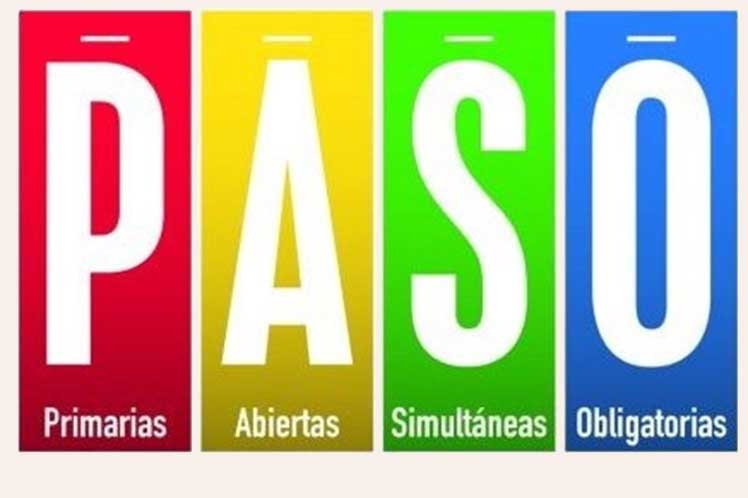Buenos Aires: Three days after the start of the electoral campaign towards the primaries in Argentina, the atmosphere today begins to heat up between the political arms that focus their strategies to obtain a seat in Congress, Prensa Latina publishes.
Tempers are heated within several coalitions, while the media exacerbate the diametrical differences between different parties that will be measured at the polls, first on September 12, in the Primary, Open, Simultaneous and Mandatory (PASO), which will leave a little clearer the picture on the way to the generals on November 14.
With the days counted to make the candidates official by the partisan electoral boards, in this final stretch the movement of the formation of alliances and the proposals of candidates is felt from one side and the other, while the eyes are on both political forces with more possibilities: the ruling Front of All and the opposition Together for Change.
Precisely El Frente de Todos, which led Alberto Fernández to the presidency, goes through the days before the closing of lists calmly and with a key message in these times, unity, in the midst of a palpable crack in this country.
It is not yet clear how the payroll will be made up and who will lead the ruling party’s ballots in important districts such as the province of Buenos Aires.
The Development Minister of that district, Andrés Larroque, specified the day before that the Front “will have the responsibility to restore hope after the difficult situation that caused the Covid-19 pandemic.”
In electoral terms, yesterday President Alberto Fernández once again insisted on unity and called for ending the culture of discrepancies and overcoming differences by pointing out that the time of disagreement is over.
“Let’s not fight each other anymore, let’s turn the page of the disagreement, look at what we have to do,” he said.
At the national level, this year 24 national senators from the Catamarca, Chubut, Córdoba, Corrientes, La Pampa, Mendoza, Santa Fe and Tucumán districts and 127 national deputies from all the provinces must be elected.
In the case of the province of Buenos Aires, the one with the largest number of inhabitants, 23 seats of provincial senators and 46 of deputies will be at stake.

